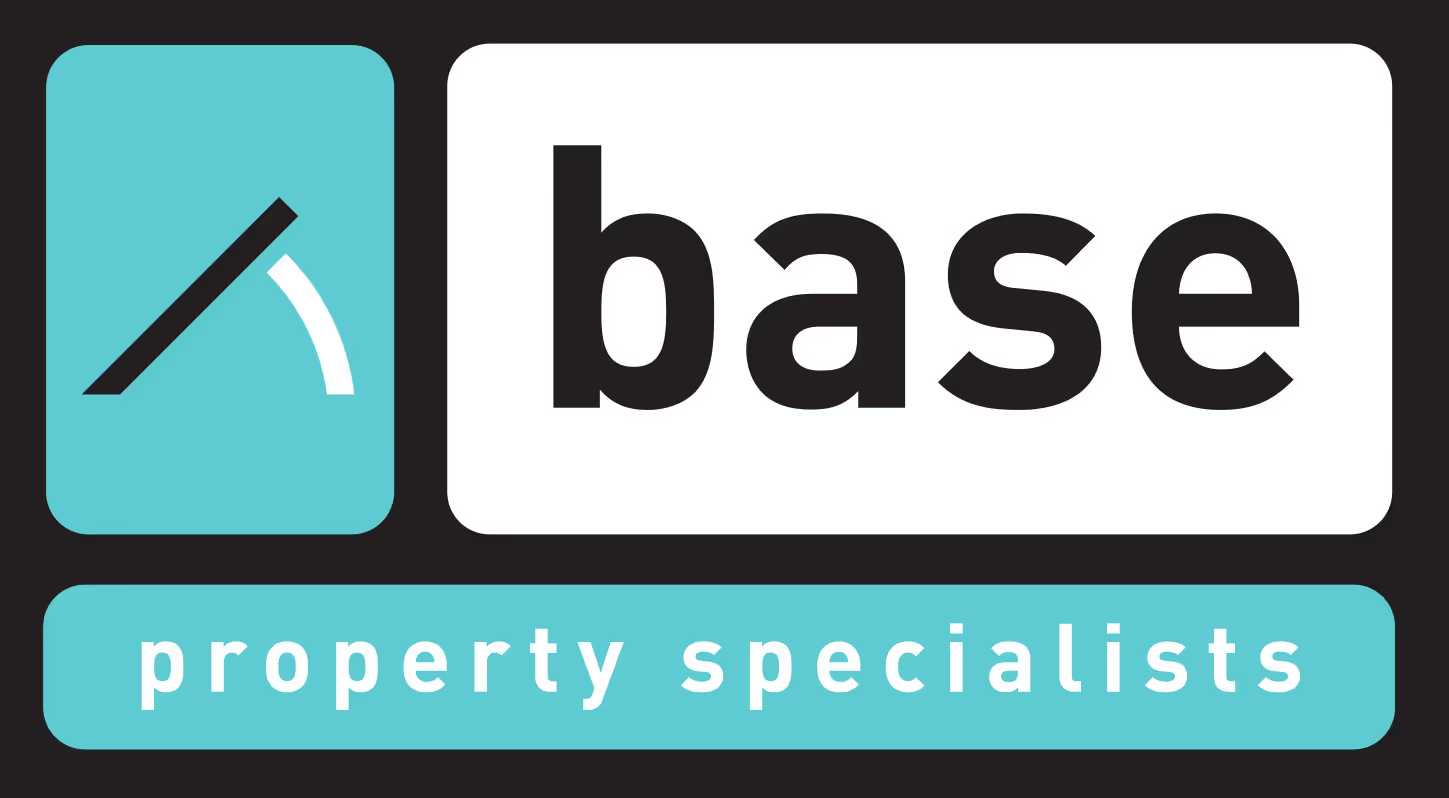Background:
At the end of 2021, we took on a new instruction of a beautiful one-bed in E14. After our usual process of getting it cleaned and having our full range of marketing materials shot, we achieved an offer of full asking price with no requests, ready to move only a week later. On the outside, a successful let - in reality, not everything was as it seemed.
As with any let, all due diligence was completed. Our referencing partner provided a clear, risk-free report, containing positive landlord references from a previous 3-year tenancy and evidence of a 70k+ salary from a 4-year tenure at a south-west London restaurant. The first month’s rent and the security deposit were paid prior to move-in and the inventory check-in went smoothly.
Problem:
The second month’s rent wasn’t paid by the due date. A few days later, after reaching out to the tenant for an update, it was explained that they lost their job and were unable to pay the rent.
This prompted an investigation into the original reference report, which highlighted the following discoveries:
- The restaurant had never heard of either our tenant nor the HR manager who had provided the employer reference
- The domain name hosting the email address used to send the employer reference was not in fact the same domain name registered by the restaurant - it was visually identical except for showing .uk rather than .com
What this means is that the tenant intentionally registered a domain name to act as another company in order to provide an employer reference for a job they didn’t have - in short, they committed an act of fraud to secure this apartment.
Solution:
To avoid lengthy and costly repossession procedures, we needed to act swiftly. Our first step was to contact the tenant and provide them with opportunity to defend themselves against our findings. The tenant did not deny our claims or defend their actions. We were able to agree a peaceful surrender of the tenancy just two days later, attending the property and collecting the keys from the tenant who had removed all their personal affects and left it in the same condition as when they moved in. We then secured the property by changing the locks.
Benefit:
Our next steps were to immediately re-let the flat to avoid a long vacant period, so we took the property straight back to market and within a week had secured a new let ready to move in nearly immediately and at an increased rental value of 7.5% for the landlord compared with the fraudulent tenancy. What could have been a very messy and prolonged situation has instead been dealt with swiftly and efficiently. The outcome is a clear success, with a very happy landlord and new tenants excited to make the flat their home.
Lessons learned:
Whilst the reason that this fraudulent application was not identified during the referencing process was attributed to human error, we do have a couple of useful takeaways from the situation.
- When dealing with instances of illicit activity and working to protect the client, it’s important to remember not to go nuclear when liaising with the perpetrator - by approaching the tenant with reasonable questions and stating clearly the next steps, they were able to co-operate with our requirements and we achieved our resolution without the need for emotions to get involved.
- Mistakes happen, even during industry-standard procedures such as referencing. A referencing company will never indemnify the landlord or agent against a fraudulent application, so it is important to understand that the referencing process is a service comprising comprehensive checks made for a tenant on behalf of the agent or landlord but that they only provide a recommendation on risk value for a proposed tenant and will not hold any liability for any deceit or fraud that tenants may carry out. The only protection available to landlords in such a situation is landlord insurance, inclusive of a rental guarantee for when rent is no longer being paid as it should. For such a service, we wholeheartedly recommend our insurance partners at the Alan Boswell Group.







